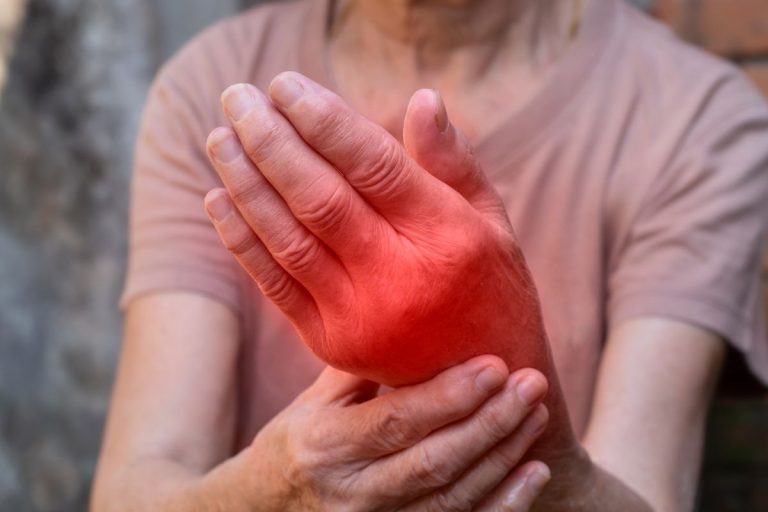Heart attacks, also known as myocardial infarctions, can be life-threatening events that require immediate medical attention. According to the American Heart Association, heart disease is the leading cause of death globally, making it crucial to recognize the warning signs your body might be giving you before a heart attack strikes. Surprisingly, your body may start warning you about a month before the actual event, providing you with a window of opportunity to seek medical help and make necessary lifestyle changes. Let’s explore the six signs your body may display one month before a heart attack.
- Unusual Fatigue: One of the earliest signs of an impending heart attack is excessive fatigue or exhaustion. If you find yourself feeling tired even after getting enough rest, and this feeling persists for an extended period, it may be a red flag worth investigating. This fatigue may occur due to reduced blood flow to the heart, affecting its ability to pump efficiently.
2 Shortness of Breath: Difficulty breathing, especially during light physical activities or when at rest, can be a warning sign of heart trouble. As the heart struggles to pump blood effectively, the body may not receive enough oxygen, leading to shortness of breath. If you notice an unexplained and persistent shortness of breath, don’t ignore it; it’s time to consult a healthcare professional.
3 Chest Discomfort: One of the hallmark symptoms of an impending heart attack is chest discomfort. This may manifest as a feeling of pressure, tightness, or pain in the chest that comes and goes. It’s important to note that this discomfort may not necessarily be intense or acute, but it’s often described as a persistent, dull ache.
- Irregular Heartbeat: Palpitations or irregular heartbeats, medically known as arrhythmias, can indicate an issue with the heart’s electrical system. If you experience irregular heartbeats frequently, it’s essential to have it checked by a doctor to rule out any underlying heart problems.
- Dizziness and Lightheadedness: Reduced blood flow to the brain can cause dizziness and lightheadedness, which may be experienced before a heart attack. If you find yourself feeling dizzy or fainting, particularly when accompanied by other symptoms, it’s critical to seek medical attention promptly.
- Excessive Sweating: Unexplained and sudden bouts of sweating, even in cool environments, may be another warning sign. The heart’s struggle to pump blood adequately can activate the body’s natural stress response, leading to increased perspiration.
It is essential to remember that while these signs may indicate an impending heart attack, they can also be related to other medical conditions. Therefore, it’s crucial not to jump to conclusions but to consult a healthcare professional for a comprehensive evaluation if you experience any of these symptoms.
Risk Factors and Prevention:
Understanding the risk factors associated with heart disease can help you take preventive measures. Some common risk factors include:
High Blood Pressure: Keep your blood pressure in check through a healthy diet, exercise, and medication if prescribed.
High Cholesterol: Control your cholesterol levels by consuming a balanced diet and engaging in regular physical activity.
Smoking: Quit smoking to reduce the risk of heart disease significantly.
Diabetes: Manage your blood sugar levels and adopt a healthy lifestyle to control diabetes effectively.
Obesity and Sedentary Lifestyle: Maintain a healthy weight and engage in regular physical activity to reduce the risk of heart disease.
Family History: If you have a family history of heart disease, be vigilant and take proactive steps to minimize risk factors.
Stress and Mental Health: Manage stress through relaxation techniques and seek support for any underlying mental health concerns.
Remember that early detection and prevention are essential to reduce the risk of heart attacks. Regular health check-ups, leading a heart-healthy lifestyle, and listening to your body’s warning signs can make a significant difference in preserving your heart health and overall well-being.
Take control of your heart health, be aware of the risk factors, and adopt a heart-healthy way of living to safeguard your most important organ.


